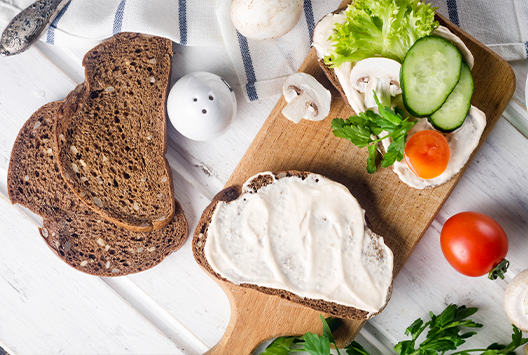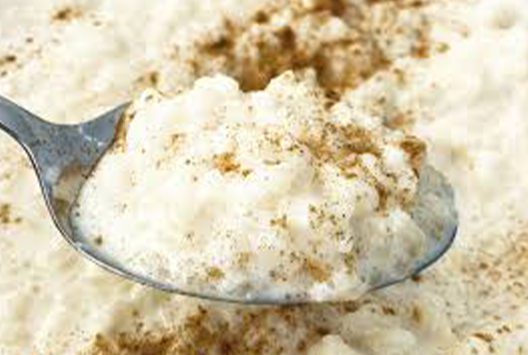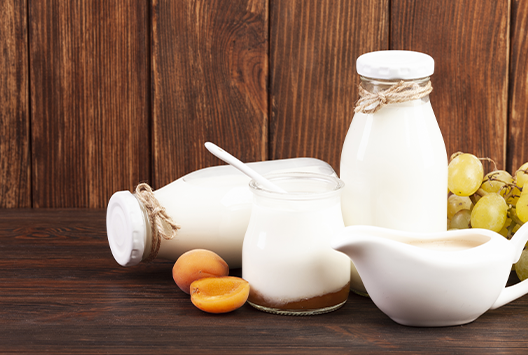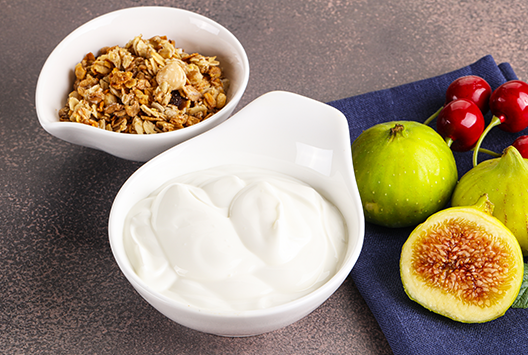
Spreadable Cream Cheese: Easy & Tasty Snack Ideas
Cream cheese is a universal favorite — among both kids and adults alike. Whether you're looking for something quick and satisfying, or a more sophisticated bite for a party, Baladna’s spreadable cream cheese is the perfect go-to for such times.
It’s time to get creative in the kitchen and put together treats your kids will love. Here are a few ideas:
1. Cream Cheese & Veggie Crackers
This simple, tasty snack requires just a few ingredients: whole-grain crackers, Baladna Spreadable Cream Cheese, and fresh vegetables.
How to Make:
Spread a generous amount of cream cheese on each cracker.
Top with thinly sliced cucumbers, cherry tomatoes, or bell peppers.
For extra flavor, sprinkle some za'atar.
2. Cream Cheese Pinwheels
For a fun and playful snack, cream cheese pinwheels are perfect for kids.
How to Make:
Spread Baladna Spreadable Cream Cheese on a soft tortilla.
Add slices of turkey and spinach leaves.
Roll tightly and slice into bite-sized pinwheels.
3. Cream Cheese and Za'atar Pies
These pies combine the savory tang of za'atar with the rich creaminess of Baladna Spreadable Cream Cheese, offering a delicious twist on the traditional za'atar manoushe.
How to Make:
Use store-bought or homemade za'atar manoushe or mini za'atar pies.
Add a spoonful of cream cheese on top.
Serve warm and enjoy!
4. Cream Cheese & Olive Bites
For a quick Mediterranean-inspired snack, try cream cheese and olive bites. The salty olives pair perfectly with the creamy richness of Baladna Spreadable Cream Cheese.
How to Make:
Spoon Baladna Spreadable Cream Cheese onto small slices of baguette or toast.
Top each slice with a few olive halves (green or black).
For an extra touch, sprinkle some dried herbs like oregano or zaa’tar.
Whether you're planning a quick on-the-go snack for your kids or an easy lunch for school, Baladna Spreadable Cream Cheese brings a deliciously creamy touch to every meal. Enjoy these simple recipes that are sure to make your school season preparations a delight!




